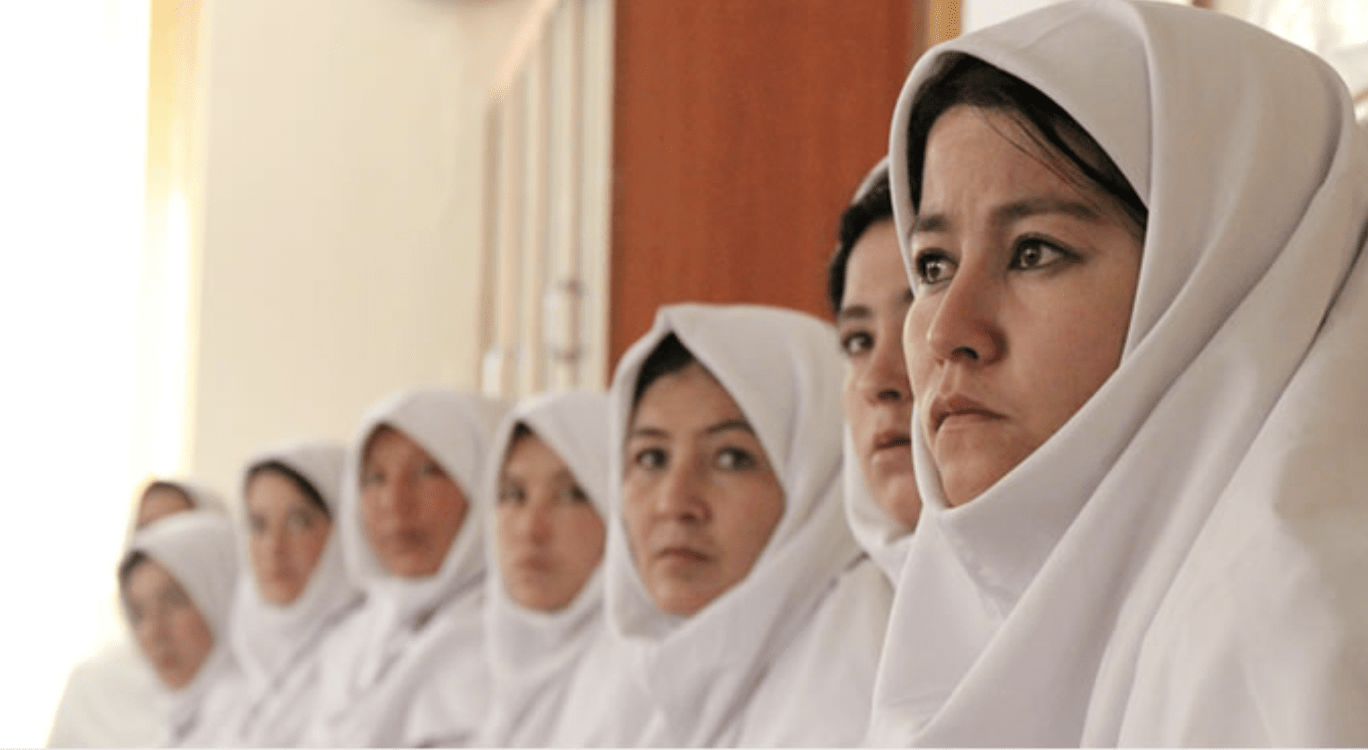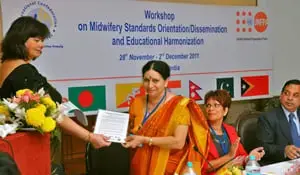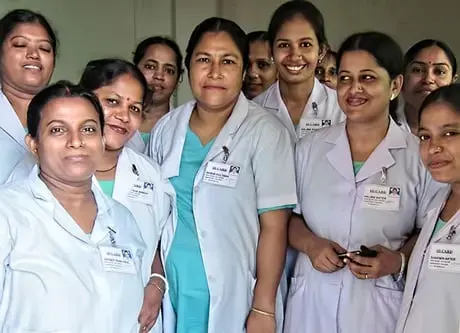Herat, Afghanistan. - By midnight, Khurshid (35), already five months pregnant, was in serious trouble.
Bleeding heavily, she had passed out from severe pain at home, and her family had carried her unconscious body to the nearest, and only, health station in the remote and mountainous Chesht-e Sharif district of Afghanistan’s Herat Province.
“Her state shocked me, but I knew quickly that it was a miscarriage,” recalls Amena (22), the midwife on duty at the clinic, known locally as a Family Health House, that is supported by the Italian Agency for International Development and the United Nations Population Fund, UNFPA.
In more developed environments, maternal deaths through miscarriage are almost always preventable. But in Afghanistan, a country with one of the highest maternal mortality rates globally, at around 1,291 maternal deaths per 100,000 live births, miscarriages are one of the biggest contributors to that grim statistic.
Recognising the danger, Amena quickly checked Khurshid’s vital signs, revived her to better determine that a miscarriage was indeed the cause of the bleeding, and worked fast to stop the flow and stabilise her.
“I am so thankful to God that I was able to help save her life,” recalls Amena, who has worked at the Family Health House for over two years. “The relief and gratitude was plain to see on her family’s faces.”
Leaving no one behind
Across much of Afghanistan, a combination of rugged terrain, poor infrastructure, poverty and conflict makes accessing life-saving health facilities difficult for many.
Since 2009, UNFPA has helped set up 123 Family Health Houses, like Ameena’s, in some of the hardest to reach areas in the provinces of Faryab, Daikundi, Herat and Bamyan.
Midwives and healthcare providers, on call at all hours, provide skilled birth attendance, family planning services and basic health care and referrals, and today, across Afghanistan, around 60 per cent of the population live within an hour’s travel from a health facility, with 88 per cent within two hours’ travelling time.
In first for Ameena’s home province of Herat, UNFPA has teamed up with the provincial Institute of Health Services to offer a community midwifery education programme. The first batch of 35 newly-trained midwives, recruited from remote villages, will soon be deployed to Family Health Houses across Herat.
With newly-trained midwives, and others working in remote areas, UNFPA supports a 24-hour midwifery helpline, which provides on-call technical support to ensure quality maternal and reproductive health services and to midwives manage complex and dangerous cases.
“At UNFPA Afghanistan we have been working with government partners to ensure quality, professional and regularized midwifery services to reach the furthest behind”, says Dr. Bannet Ndyanabangi, UNFPA representative for Afghanistan, “The training of midwives and establishment of family health houses in remote and underserved Afghanistan is key to such efforts, and we are working to expand this project to more provinces.”
“Further, with the help of midwives and other health professionals, we’re also ensuring that crucial maternal and reproductive health services are being made available to people displaced by conflict. In 2017, through mobile health teams including midwives, and by providing emergency reproductive health kits, we reached 112,00 displaced people, people who have recently returned home, as well as host communities.”
As for Khurshid, back at the Family Health House in Herat, she’s looking forward to getting back home to family life and her four young children.
“Now I feel healthy and am very much thankful to Amena, who has saved my life and helped me recover.”





